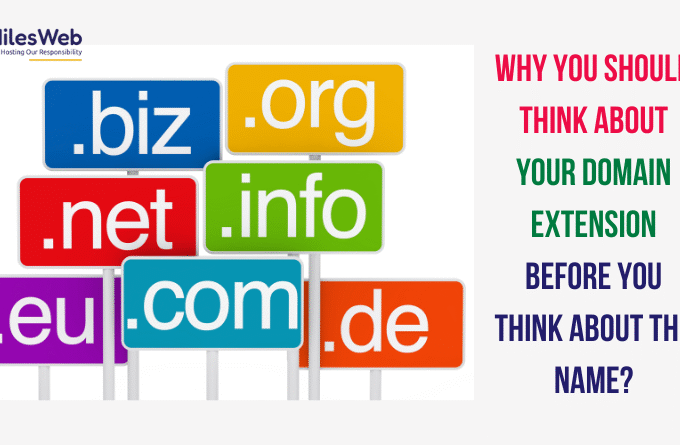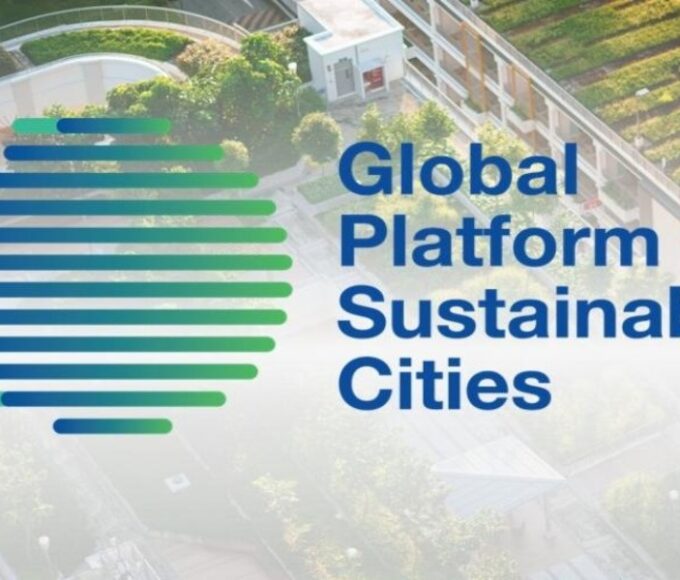Universal Health Coverage Progress: A Path Towards Equitable Healthcare

Universal Health Coverage (UHC) represents a global commitment to ensure that everyone, everywhere, can access quality healthcare services without financial hardship. As countries strive to achieve this ambitious goal, significant progress has been made, but challenges remain.
The Importance of UHC
UHC is integral to achieving the Sustainable Development Goals (SDGs), particularly SDG 3, which focuses on ensuring healthy lives and promoting well-being for all ages. By prioritizing equitable access to healthcare, UHC addresses health disparities, reduces poverty, and boosts economic growth. It empowers individuals to lead healthier, more productive lives.
Progress Made
In recent years, many nations have taken strides toward expanding healthcare access. Countries like Thailand and Rwanda have successfully implemented health insurance schemes, covering a significant portion of their populations. Innovations in telemedicine and community health programs have further bridged the gap in rural and underserved areas.
According to the World Health Organization (WHO), over 50% of the global population now has access to essential health services. Vaccination programs, maternal and child healthcare, and treatment for non-communicable diseases have seen notable improvements, particularly in low- and middle-income countries.
Challenges Ahead
Despite these advancements, nearly half of the global population still lacks access to comprehensive healthcare services. Financial barriers, insufficient healthcare infrastructure, and workforce shortages continue to impede progress. Additionally, the COVID-19 pandemic highlighted vulnerabilities in health systems, emphasizing the need for resilient and inclusive healthcare policies.
The Road Forward
Achieving UHC requires collaborative efforts between governments, healthcare providers, and international organizations. Investments in primary healthcare, technology, and health financing are critical. Furthermore, addressing social determinants of health such as education, sanitation, and nutrition will create a stronger foundation for equitable healthcare access.
Conclusion
Universal Health Coverage is not just a healthcare objective; it’s a moral imperative. By ensuring that no one is left behind, nations can build healthier, more equitable societies. Continued focus, innovation, and global cooperation will be key to turning the vision of UHC into reality.
Visit Latest Interviews
Recent Posts
Related Articles
Why You Should Think About Your Domain Extension Before You Think About The Name?
Think of your domain extension like a surname—it wraps up your web...
ByGlobal Leaders ViewAugust 19, 2025Germany’s ‘Energiewende’ Initiative: A Vision for a Sustainable Future
Germany’s ambitious energy transition, known as the Energiewende, aims to shift the...
ByGlobal Leaders ViewJanuary 27, 2025Global Platform on Sustainable Cities Established
In a groundbreaking move toward addressing the challenges of urbanization and climate...
ByGlobal Leaders ViewJanuary 27, 2025Singapore’s Green Urbanism Initiatives
Singapore, known for its modern skyline and bustling urban environment, is also...
ByGlobal Leaders ViewJanuary 27, 2025















Leave a comment